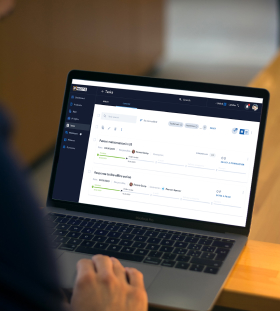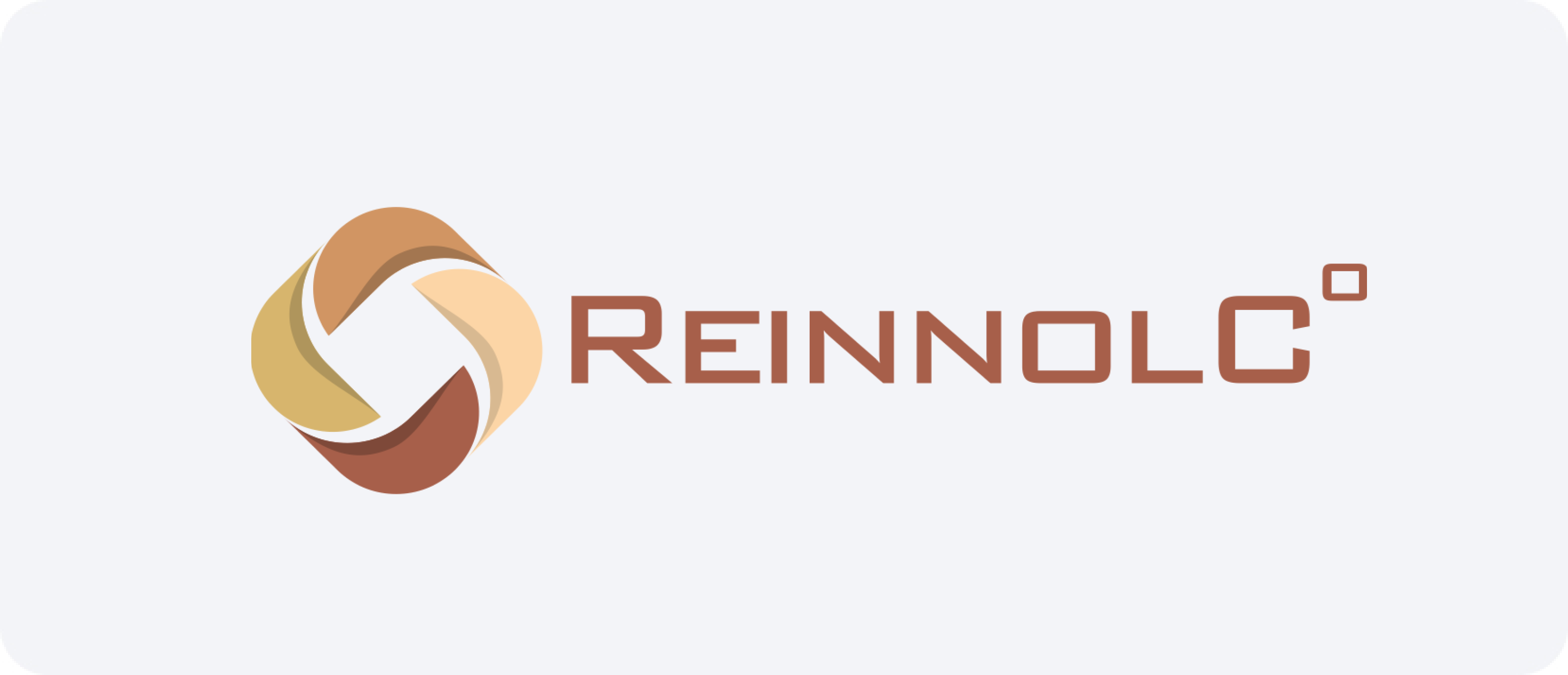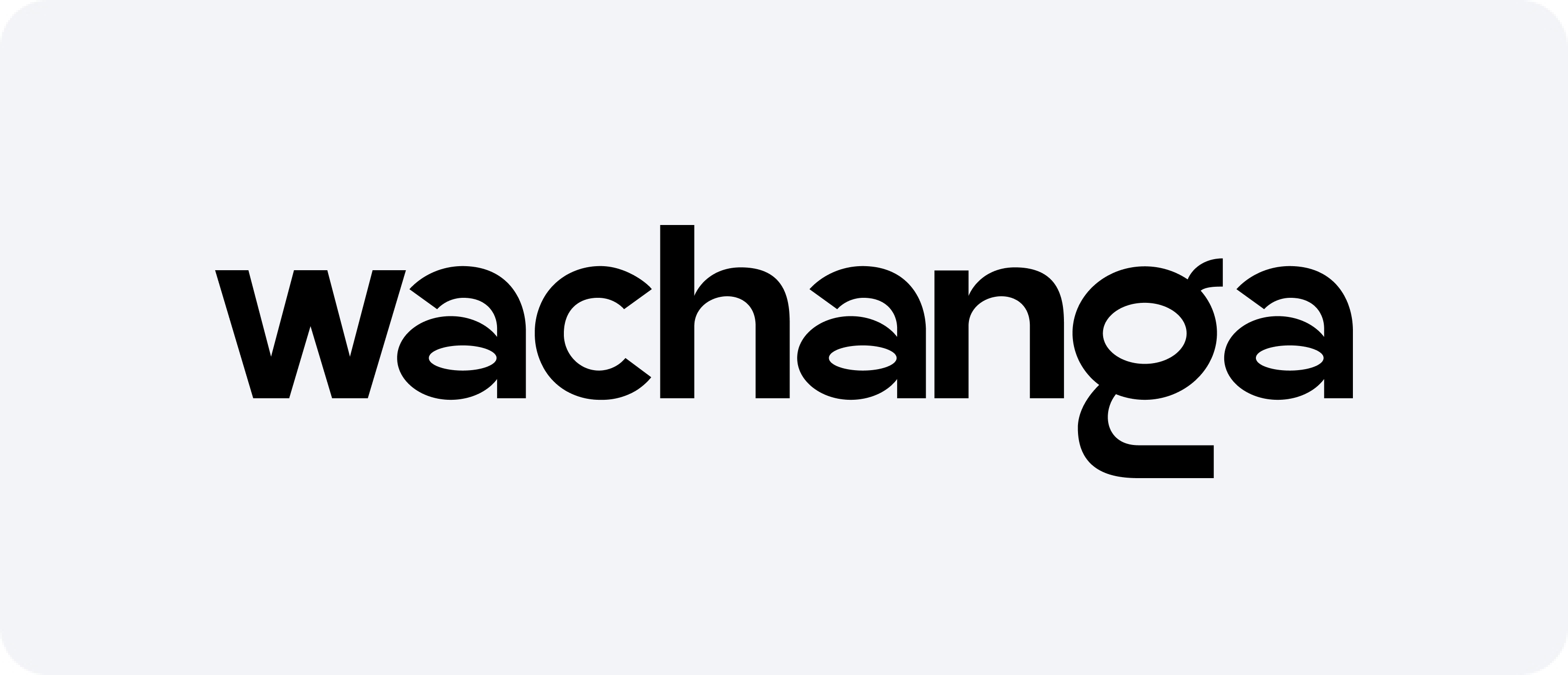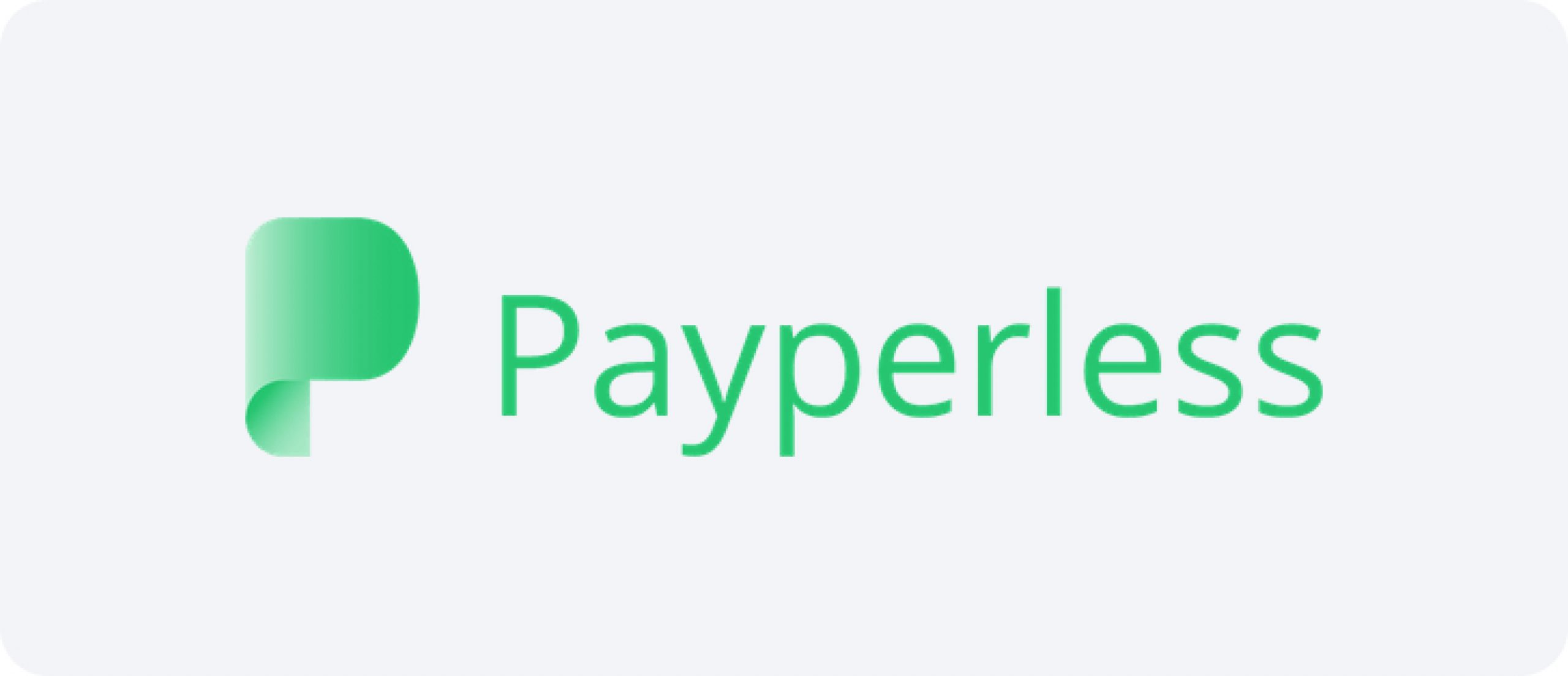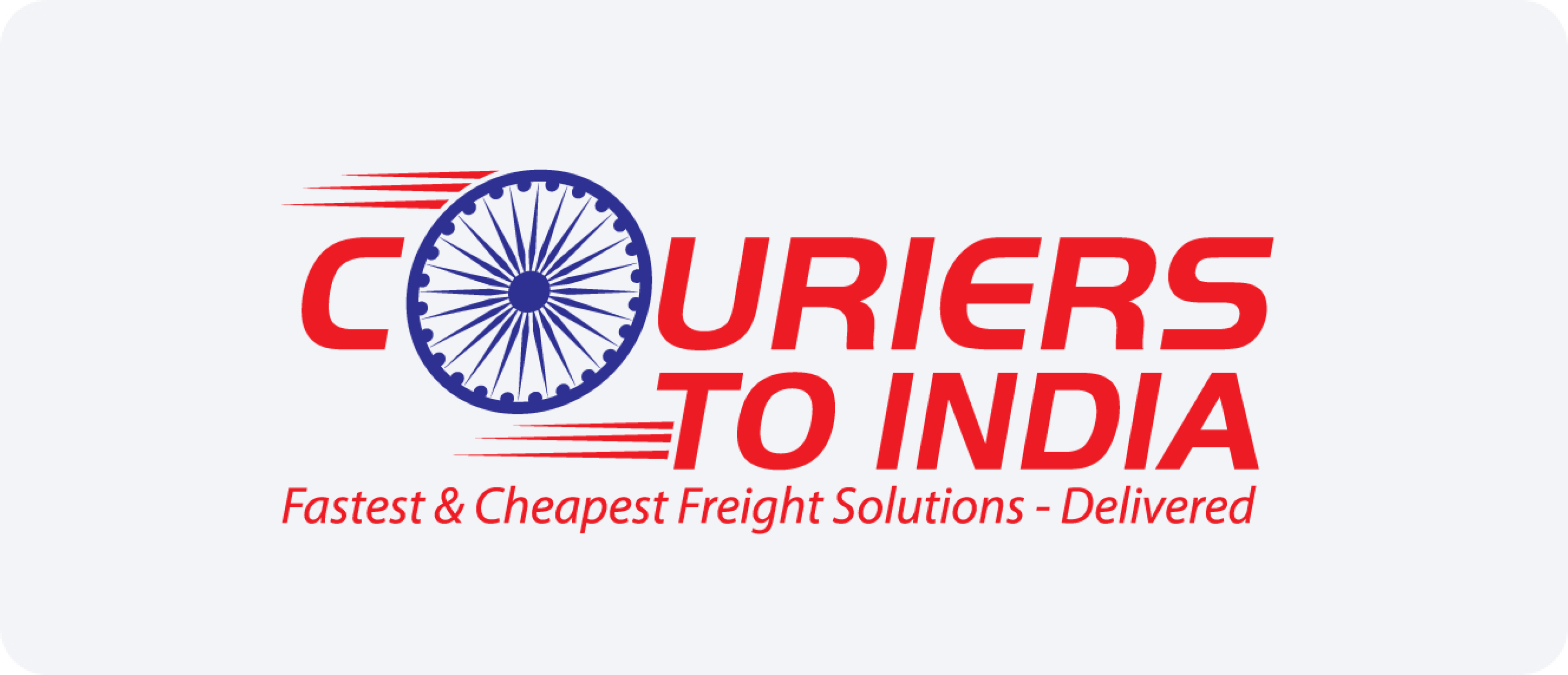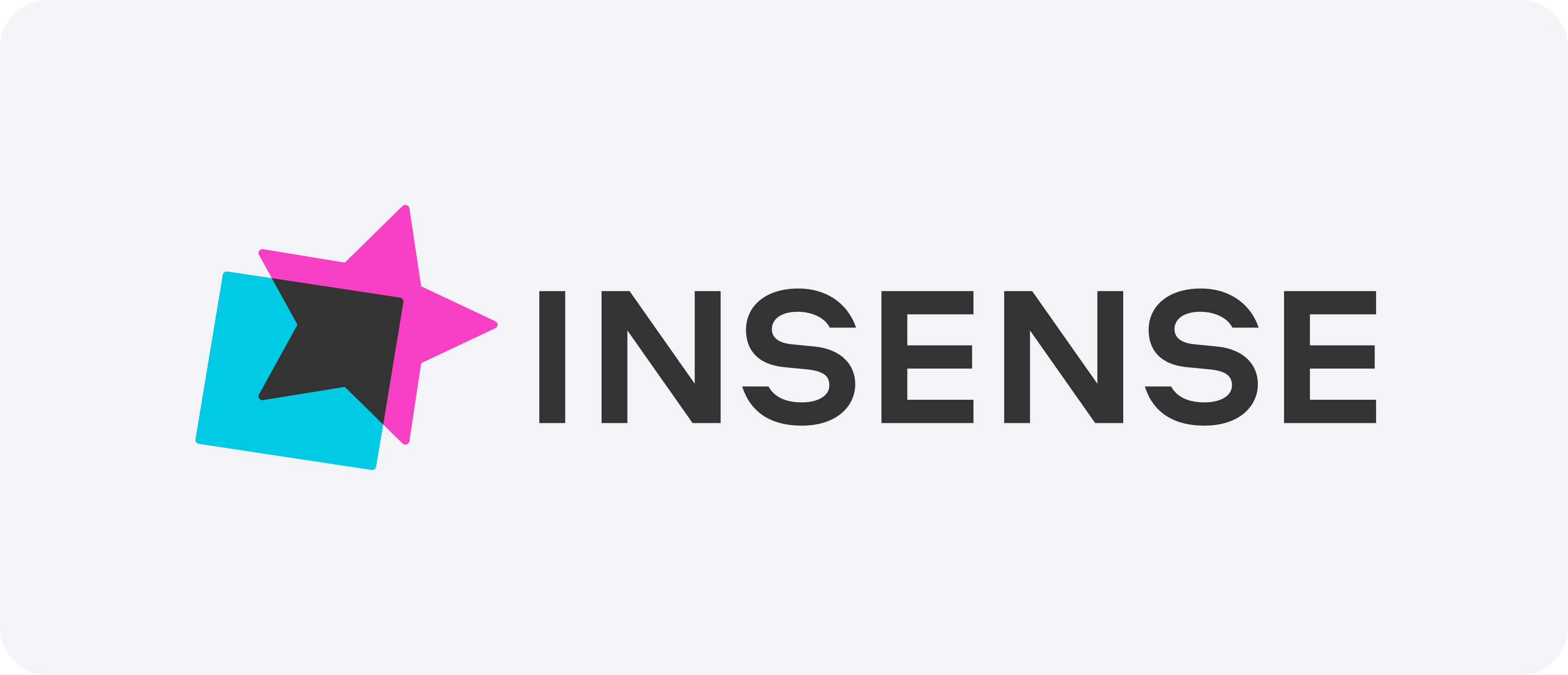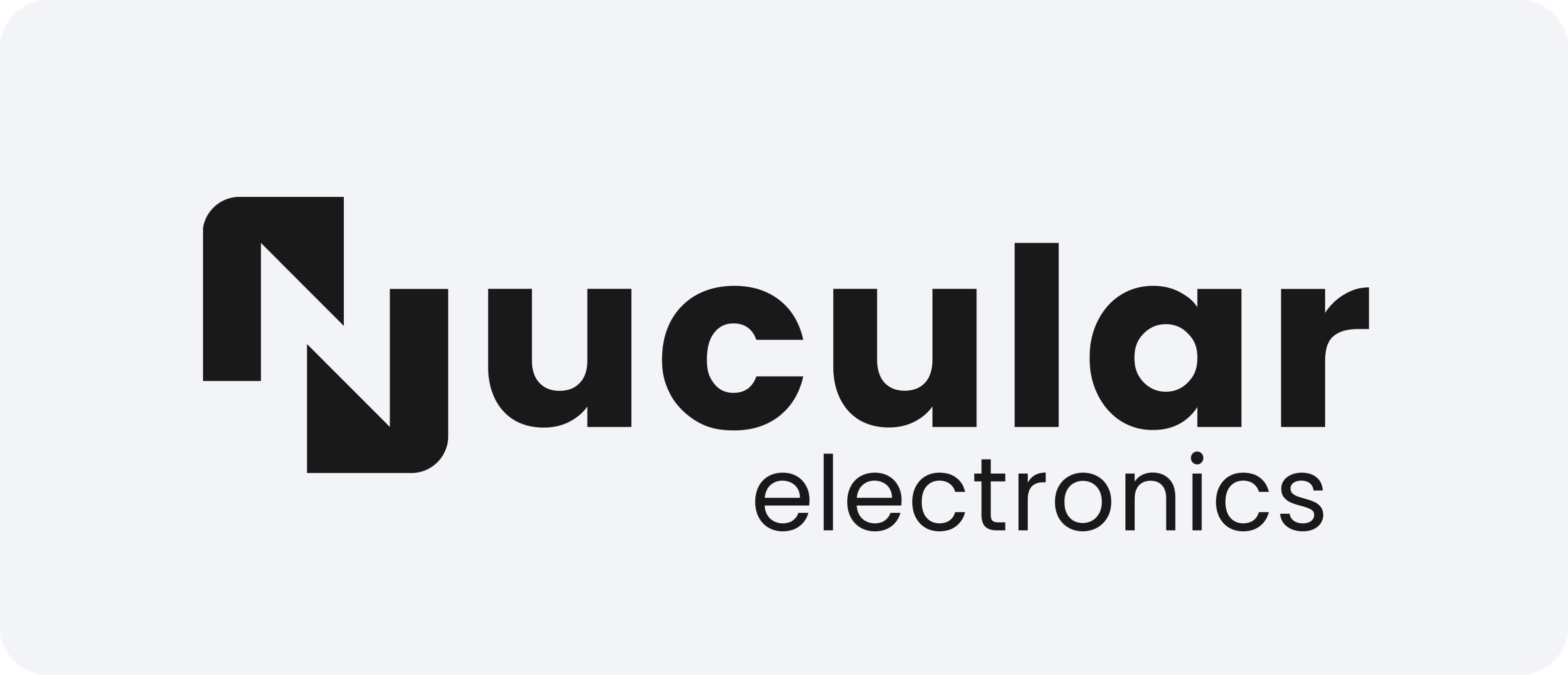Notice of Allowance and Patent Granting in India
Upon receiving a Notice of Allowance, you should pay the required granting fees. After this payment, the patent will be officially published and granted, thereby securing your exclusive rights



Upon receiving a Notice of Allowance, you should pay the required granting fees. After this payment, the patent will be officially published and granted, thereby securing your exclusive rights







-
An AI-powered IP assistant that helps you create a detailed assignment within minutes.
-
Selection of the most suitable local patent attorney based on specific criteria.
-
Receiving a Notice of Allowance, handling government fees and issuance of a patent certificate.
-
Online monitoring and reporting on the platform throughout the entire process.

-

More than 800 IP law firms from 150+ countries, ranking and reviews
-

An AI-powered IP assistant that helps create tasks and find relevant attorneys
-

Flat fees, secure and fast online payments with guaranteed results
-

24/7 access to the registration process and online data storage for all your cases

Patent Granting in India: The Path to Protecting Your Invention
In the dynamic realm of intellectual property, patent granting stands as a pivotal milestone for inventors and businesses in India. It represents the culmination of a rigorous process that recognizes the novelty, inventiveness, and industrial applicability of an invention. This article delves into the intricacies of patent granting in India, exploring the process, key considerations, and shedding light on the significance of this critical phase.
What is Patent Granting?
Patent granting is the official act by a national patent office that confers exclusive rights to the inventor over their invention. In the Indian context, this means that the inventor receives legal protection, preventing others from making, using, or selling the patented invention without the inventor's permission. The grant is a recognition of the invention's compliance with patentability requirements.
Understanding the Patent Granting Process in India
The patent granting process in India is overseen by the Indian Patent Office, an arm of the Controller General of Patents, Designs & Trademarks. Here is an overview of the key stages involved:
1. Filing the Patent Application: The journey begins with the filing of a comprehensive patent application, detailing the invention's specifications, claims, and any necessary drawings.
2. Formalities Check: Upon submission, the application undergoes a formalities check to ensure compliance with procedural requirements.
3. Publication: Once the formalities check is successful, the patent application is published in the Official Journal of the Indian Patent Office. This publication is typically 18 months from the filing date or the priority date.
4. Examination: Subsequently, the application undergoes substantive examination to assess its compliance with patentability criteria. The examination may involve objections, and the applicant must respond effectively to address these concerns.
5. Grant: If the examination concludes satisfactorily, the patent is granted, and the inventor gains exclusive rights to the invention for a specified period, typically 20 years from the filing date.
Patent Term and Maintenance in India
Understanding the patent term and its maintenance is crucial for inventors to make the most of their intellectual property. In India:
- Patent Term: The standard term of a granted patent is 20 years, providing a two-decade window of exclusive rights for the inventor to exploit their invention.
- Maintenance Fees: To ensure the continued protection of the patent, maintenance fees must be paid periodically. Failure to pay these fees may lead to the expiration of the patent.
Key Steps in Patent Granting Action in India
- Thorough Prior Art Search: Before filing a patent application, conducting a thorough prior art search is advisable to ensure the novelty and inventiveness of the proposed invention. Use iPNOTE AI search tool for free now!
- Drafting a Comprehensive Application: The patent application must include a detailed description, claims, and any necessary drawings. Clear and concise language is crucial to define the scope of the invention.
- Responsive Interaction During Examination: Effectively responding to objections raised during examination is a critical step. This may involve amending claims, providing clarifications, or presenting arguments.
- Timely Payment of Maintenance Fees: To ensure the continuous protection of the granted patent, timely payment of maintenance fees is imperative. This involves keeping track of deadlines and fulfilling financial obligations to the Indian Patent Office.
Patent Granting Statistics in India
As of the latest available data:
- Grant Rate: The grant rate for patents in India has been steadily increasing, with a significant number of applications successfully navigating the examination process.
- Top Fields: Patents are granted across various fields, including information technology, pharmaceuticals, biotechnology, and mechanical engineering.
Why Opt for iPNOTE for Patent Granting in India?
In the pursuit of intellectual property protection in India, iPNOTE offers distinct advantages tailored to the local context:
- Cost-Effectiveness: iPNOTE's services are five times more affordable than those of large law firms, providing a cost-effective approach to patent searches in the Indian market.
- User-Friendly Platform: Easily explore a public marketplace, leave feedback, and connect with service providers. iPNOTE's system generates invoices automatically, minimizing unnecessary intermediaries and facilitating a seamless experience.
- Rapid Response: iPNOTE guarantees at least one proposal within 48 hours, often providing multiple options within a few hours, expediting the selection process for a suitable contractor, crucial in the fast-paced business environment of India.
- Verified Service Providers: All service providers on the platform undergo manual verification, ensuring the certification process for intellectual property specialists is thorough and reliable, addressing the specific nuances of the Indian legal and business landscape.
- Global Reach: iPNOTE collaborates with lawyers from different countries, ensuring a diverse pool of expertise. This facilitates the discovery of a contractor for trademark registration or patent searches in India, offering a comprehensive and global approach.
How iPNOTE's Patent Granting Works in India
1. Create an Account: Fill out a short form to create an account on the iPNOTE platform, tailored to the specific needs of intellectual property searches in India.
2. Define Your Task: Create a task in the desired region, focusing on the unique requirements and challenges of the Indian market.
3. Select a Contractor: Choose a contractor from the recommended providers on iPNOTE, considering their expertise in Indian patent law and regulations.
4. Receive Completed Documentation: Get the completed documentation promptly, addressing the specific requirements of the Indian intellectual property landscape. iPNOTE offers a refund if unsatisfied, and in case of issues during the work, a replacement contractor is provided to ensure a smooth and effective process.
Embark on the journey of protecting your intellectual property in India with iPNOTE's AI Assistant today!
